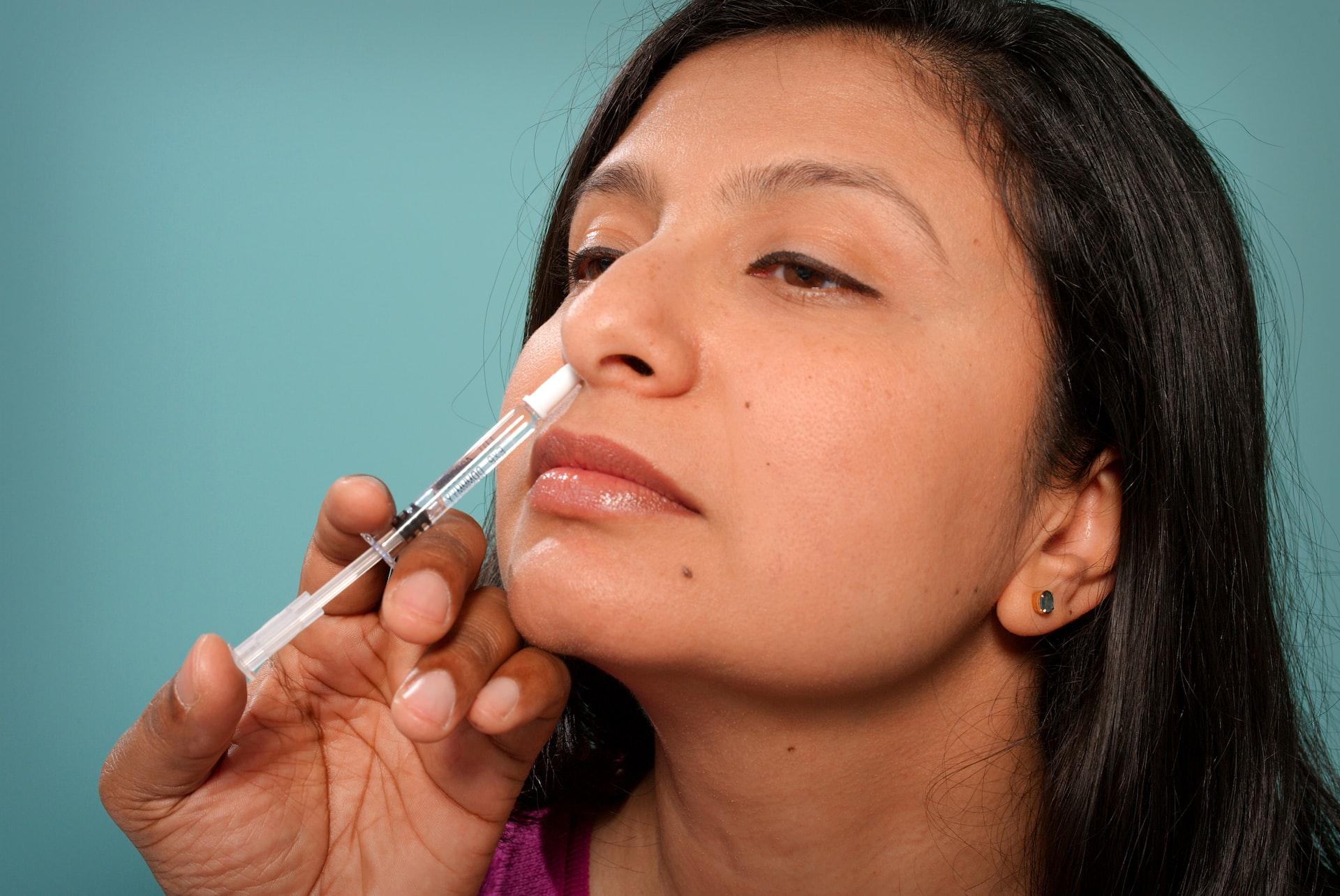Generation of coronavirus live-attenuated vaccines

Live-attenuated virus vaccines (LAV) hold promise to provide protective immunity while not causing disease. By recoding the SARS-CoV-2 genome we developed LAV candidates that are fully attenuated in pre-clinical studies, induce protective B- and T-cell immune responses, and are now being produced for clinical trials in humans.
Background
SARS-CoV-2 caused the recent pandemic of upper respiratory disease and pneumonia that threatened countless lives across the globe. The virus critically relies on reprogramming of the cellular metabolism, in particular on hijacking and utilizing the translation machinery of its host. The goal of this project was to identify vulnerabilities of the virus during its usurpation of the host cell. Specifically, we have focused on comprehensively test multiple aspects that SARS-CoV-2 may use to hijack host translation with the aim to generate live-attenuated SARS-CoV-2 vaccines.
Aim
To attenuate SARS-CoV-2, we focused on strategies that affect translation of viral mRNAs, namely codon-pair deoptimization, increasement of one-to-stop codons in the SARS-CoV-2 genome, modifying translation kinetics of viral mRNAs, and exploring the impact of modification of viral RNA. To do this, we have assembled five research groups that unite expertise and experimental systems that cover the range from basic RNA biology, cellular translation, molecular virology, and animal systems to assess viral attenuation and host immune responses.
Results
During this project we focused on four approaches to generate attenuated SARS-CoV-2 viruses as vaccine candidates. All four approaches are based on the rationale to affect translation of viral mRNA in infected cells, but each approach is based on another principle. With all four approaches we have made significant progress. The codon-pair-deoptimization (CPD) approach and the one-to-stop (OTS) approach have led to fully attenuated SARS-CoV-2 vaccine candidates that induce protective immune responses after infection/vaccination. Two candidate vaccines (sCPD9 and OTS228) have successfully completed pre-clinical studies and have now entered the good manufacturing practices (GMP) production stage to generate vaccine doses for phase I/II clinical trials in humans. During the pre-clinical development and for the preparation of clinical trials in humans, we have established a Collaborative Research and Development Agreement with RocketVax AG, Basel. With Rocketvax we are now closely collaborating to guide the GMP vaccine production and to plan the settings of the clinical trials that are planned for end 2023 and early 2024.
We have also employed an approach to slow-down or speed-up translation of viral RNAs. This has been accomplished by identifying slow- and fast- translating codons and by recoding the SARS-CoV-2 genome to encode either an increased number of slow or fast codons. Both versions did severely affect viral replication and first pre-clinical studies in vivo demonstrate that these viruses are attenuated.
Finally, we have assessed and partially mapped RNA modification (methylation) of SARS-CoV- 2 RNAs and identified m6A methylation within the SARS-CoV-2 genome and at the first nucleotide at the 5’-terminus. Although this work has not (yet) led to the generation of an attenuated SARS-CoV-2, the identification of m6A methylation at the 5’-end and the identification of a cellular enzyme that is modifying the viral RNA is novel and holds promise to develop strategies for antiviral intervention.
In summary, we were able to attenuate SARS-CoV-2 by using several approaches and to rationally design re-coded coronavirus genomes to develop novel live-attenuated coronavirus vaccines. The strategies we have explored are not only applicable for SARS-CoV-2 but also for newly emerging zoonotic viruses in the future.
Specific contribution to tackle the current pandemic
Our work has led to promising live-attenuated SARS-CoV-2 vaccine candidates that are currently being produced for clinical trials in humans. We expect that this type of vaccine will complement the currently available vaccines that are mainly based on mRNA technology or adenoviral vectors. We expect that a live-attenuated SARS-CoV-2 vaccine will have advantages compared to current vaccines since they contain all viral antigens, induce immunity at the site of infection (mucosal immunity) and can be applied via nasal sprays.
Original title
Recoding the SARS-CoV-2 genome - A multidisciplinary approach to generate live-attenuated coronavirus vaccines
